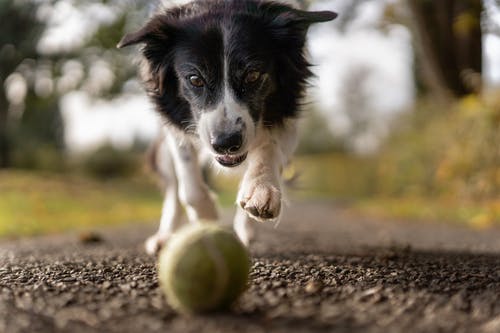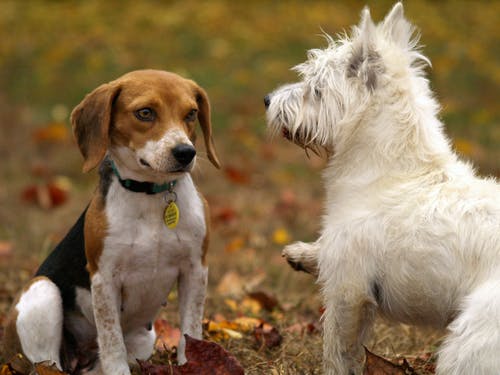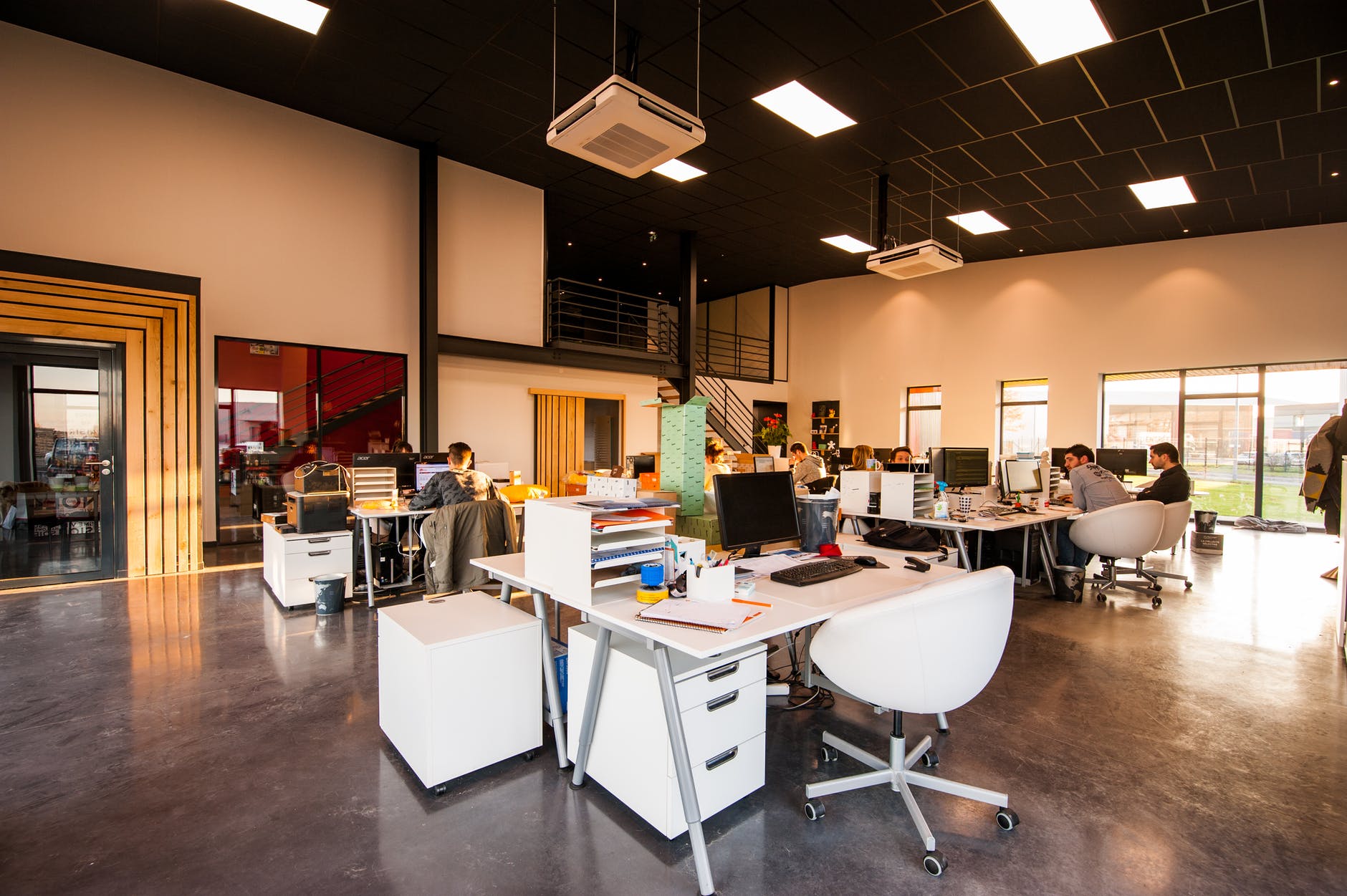Dental care is vital for maintaining the overall health and well-being of our furry friends. Unfortunately, pet owners often overlook this essential aspect of caring for their animals. With various dental issues affecting pets, it is crucial to recognize the signs and know when your pet might require dental surgery. This comprehensive guide will walk you through the process of preparing for your pet’s dental surgery and caring for them afterward.
Identifying dental issues in pets
Signs of dental problems in animals
Poor dental hygiene can lead to numerous problems in pets, such as bad breath, tooth decay, gum inflammation, and even tooth loss. Some early signs of dental issues in pets include reluctance to eat, excessive drooling, pawing at the mouth, facial swelling, and discolored teeth. If you notice any of these symptoms, it is crucial to consult a veterinarian to address the issue promptly.
Puppy and kitten vet care
When it comes to linking your new puppy or kitten’s health to their oral care, it is crucial to start early. A veterinary dental care routine can help prevent serious dental problems in the future. Be sure to discuss your pet’s dental needs with their veterinarian during their initial check-up. You can follow this link for more info about puppy and kitten care.
Periodontal disease in pets
Periodontal disease, or gum disease, is the most common dental issue affecting pets. If left untreated, it can lead to tooth loss, bone loss, and even damage to the heart, liver, and kidneys. Regular dental check-ups and oral care can help prevent periodontal disease in pets.
When to consult a veterinarian
It is essential to consult your veterinarian if you notice any signs of dental issues in your pet. Regular veterinary dental check-ups are critical to maintain your pet’s oral health and prevent any dental problems from escalating.
Preparing for your pet’s dental surgery
Choosing the right veterinary dentist
Finding a suitable veterinarian specializing in dentistry and dental surgery is crucial for the best outcome. Look for professionals with experience in treating similar dental issues in pets and get recommendations from friends or online reviews.
Diagnostic tests and dental radiography
Before surgery, diagnostic tests like blood work and dental radiographs might be required to evaluate your pet’s overall health and assess the extent of their dental issues. These tests help the veterinarian develop a personalized treatment plan for your pet.
Preoperative instructions
Your veterinarian will give you specific preoperative instructions to follow. Usually, this includes fasting your pet for several hours before surgery and administering any prescribed medications.
Anesthesia and its risks
Anesthesia is a necessary part of most dental procedures for pets to ensure their comfort and safety. Although anesthesia carries some risks, advancements in **veterinary technology** have made it safer than ever before. To learn even more about these advancements, you can read more on the topic.
Key aspects of pet dental surgery
Dental scaling and polishing
Dental scaling and polishing removes plaque and tartar build-up on your pet’s teeth and is a crucial part of maintaining their oral hygiene. This process helps prevent periodontal disease and keeps your pet’s teeth clean.
Tooth extractions in pets
In some cases, tooth extractions might become necessary due to severe infections, fractures, or other dental issues. An experienced veterinary dentist will be able to perform the extraction with minimal discomfort for your pet.
Advanced dental procedures for pets
Depending on the severity and complexity of the dental issue, advanced dental procedures such as root canals, orthodontics, or even dental implants might be required. Ensure your veterinarian has experience performing such treatments to ensure the best care for your pet.
Ensuring safety during dental surgery
Your veterinarian will take necessary precautions during dental surgery to minimize any complications. Monitoring your pet’s vital signs, maintaining sterile conditions, and using appropriate pain management strategies are vital to a successful surgery.
Post-operative care for pet dental surgery
Monitoring your pet’s recovery
After the surgery, it is essential to closely monitor your pet for any signs of complications. Watch for unusual behavior or symptoms such as bleeding, swelling, difficulty eating or drinking, or excessive pain.
Managing pain and discomfort
Your veterinarian will prescribe medications and painkillers to help manage your pet’s pain and discomfort. It is crucial to follow their instructions and provide your pet with a calm and comfortable environment during their recovery period.
Dietary adjustments for post-surgery healing
Following your pet’s dental surgery, making dietary adjustments can aid their healing process. Soft foods are recommended for pets who have had tooth extractions, and you should avoid hard or crunchy treats until their mouth has fully healed.
Preventing infection and complications
Following your veterinarian’s post-operative instructions is crucial to prevent infection and complications. Monitor the surgical site for any signs of infection and administer any prescribed medications as instructed.
Veterinary dentistry and dental surgery
Veterinary dental care plays an essential role in our pets’ lives to maintain their overall health and ensure they live a pain-free life. Dental surgery, when required, helps to rectify severe dental problems, offering a second chance at a healthy and happy life for our beloved pets.
Follow-up appointments
Be sure to attend follow-up appointments as scheduled to monitor your pet’s progress and address any concerns or questions you may have regarding their recovery.
Preventive dental care for pets
Regular veterinary dental check-ups
Scheduling regular dental check-ups for your pet is an essential component of maintaining their oral health. These check-ups can help detect potential problems early, preventing them from becoming severe.
Home dental care routines for pets
Establishing a regular home dental care routine for your pet, including daily tooth brushing, can significantly impact their oral health. Speak to your veterinarian for recommendations on toothpaste and dental care products suited for your pet.
Dental chew toys and treats
Dental chew toys and treats can help remove plaque and tartar build-up from your pet’s teeth. However, they should not replace daily tooth brushing or regular dental check-ups.
The Role of Nutrition in maintaining pet oral health
A healthy diet is essential for maintaining your pet’s overall health, including their dental health. High-quality pet food, specially formulated to support dental health, can help keep your pet’s teeth and gums in good shape.
Conclusion
Dental care is a critical aspect of ensuring the well-being of our furry friends. Through regular check-ups, veterinary dental care, and home care routines, you can keep your pet’s teeth and gums healthy, minimizing the need for dental surgery. However, when surgery becomes necessary, following the right steps for preparation and post-operative care can ensure a smooth and successful recovery.




